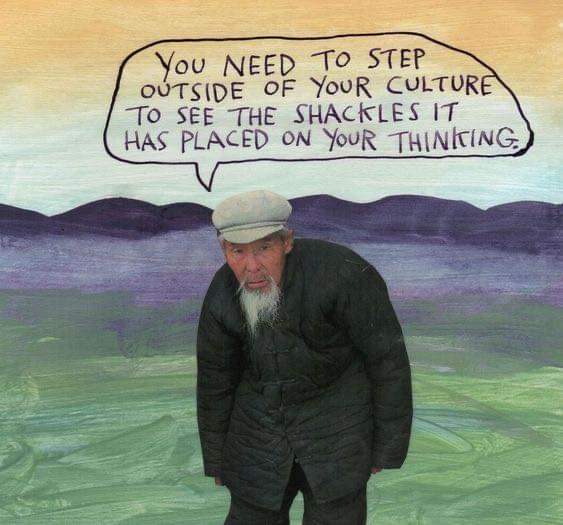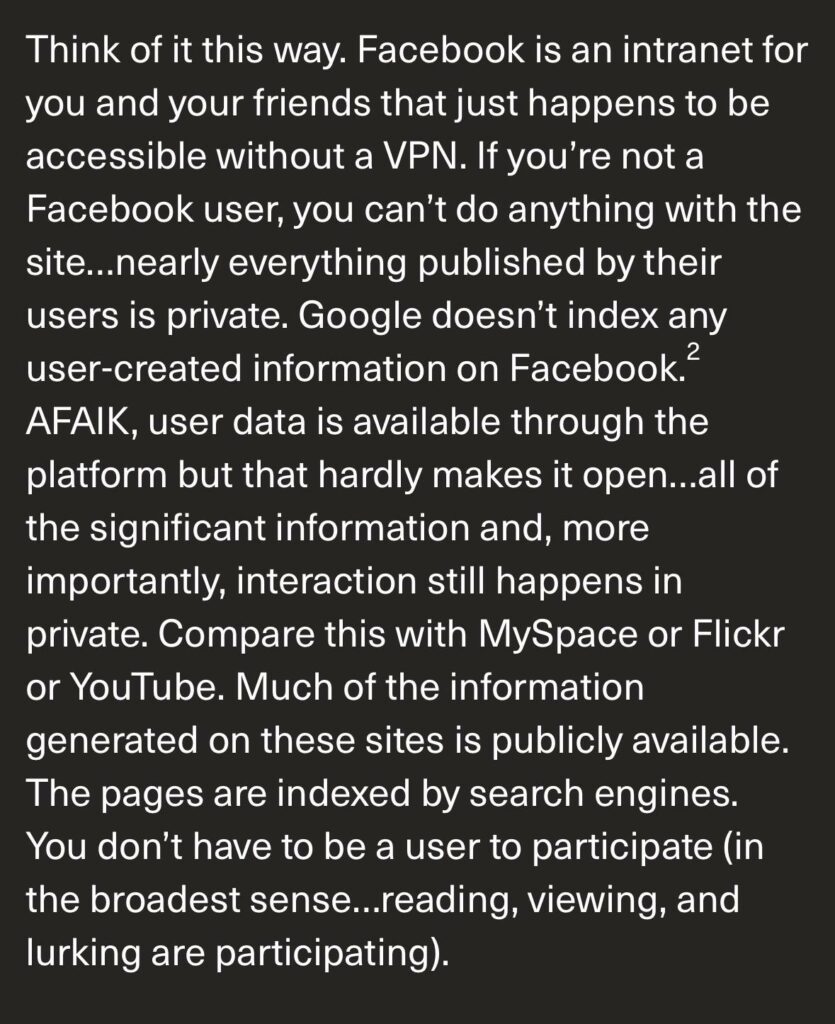
Everyone knows we are in a mess, but most people are too distracted to do anything to change the current path. We’ll keep on this path – scrolling, clicking, consuming – because the current mess we live in is incredibly skilled at hiding consequences.
- The environmental cost is buried under greenwashing. BP rebranded itself as “Beyond Petroleum.” Shell sponsors art galleries. Apple makes claims about “carbon-neutral” devices—then glues batteries shut to prevent repair. Meanwhile, rare earth extraction, e-waste, and fast fashion destroy ecosystems from Congo to Cambodia.
- The labour cost is outsourced, invisibilized, atomized. Amazon warehouse workers urinate in bottles to keep pace with surveillance timers. Foxconn installs suicide nets around dorms. Uber calls drivers “partners” while avoiding all responsibility for their lives or livelihoods.
- The mental health cost is reframed as personal failure. You’re anxious and burnt out? Must be your mindset. Try a mindfulness app. Maybe eat better. Maybe “grind smarter.” Meanwhile, the structure of your life—precarious work, information overload, climate dread, is never questioned.
- The social collapse is blamed on the “irresponsible poor” or “divisive politics.” Communities are gutted by austerity, housing is hoarded by speculators, but you’re told it’s your neighbour’s fault—immigrants, the unemployed, the other political tribe. The system throws fuel on every fire, then lectures you on “civility.”

Every crisis becomes your problem, not the system’s. This is because the #deathcult we unconsciously worship doesn’t just produce stuff, it produces numbness, distraction, and above all, thoughtlessness. A never-ending now, stripped of memory and consequence.
And the moment you try to pull back the curtain? There’s a brand, an #NGO ready to sell you “resistance” too. It’s a system designed to make rebellion feel like a clone lifestyle choice.
A t-shirt with a slogan.
A rainbow flag slapped on a weapons manufacturer.
A “climate justice” conference sponsored by Shell.
A new Netflix docuseries about the thing you’ll forget by next week.#KISS resistance requires more than outrage, we don’t just need better tech or better politics. We need:
Better attention — to what's real and what's propaganda
Slower thinking — against the churn of hot takes and algorithms
Reclaimed time — stolen back from platform metrics and work schedules
Spaces for consequence — where the impacts of our actions (or inactions) are visible, shareable, accountableThat’s why #DIY infrastructure, the commons, and openness, matter. That’s why we reboot the #openweb, with the #4opens, with the #OMN, with peer-to-peer tools, and with each other. And we need to do this before thoughtlessness becomes all we have left in the #mainstreaming mess.







